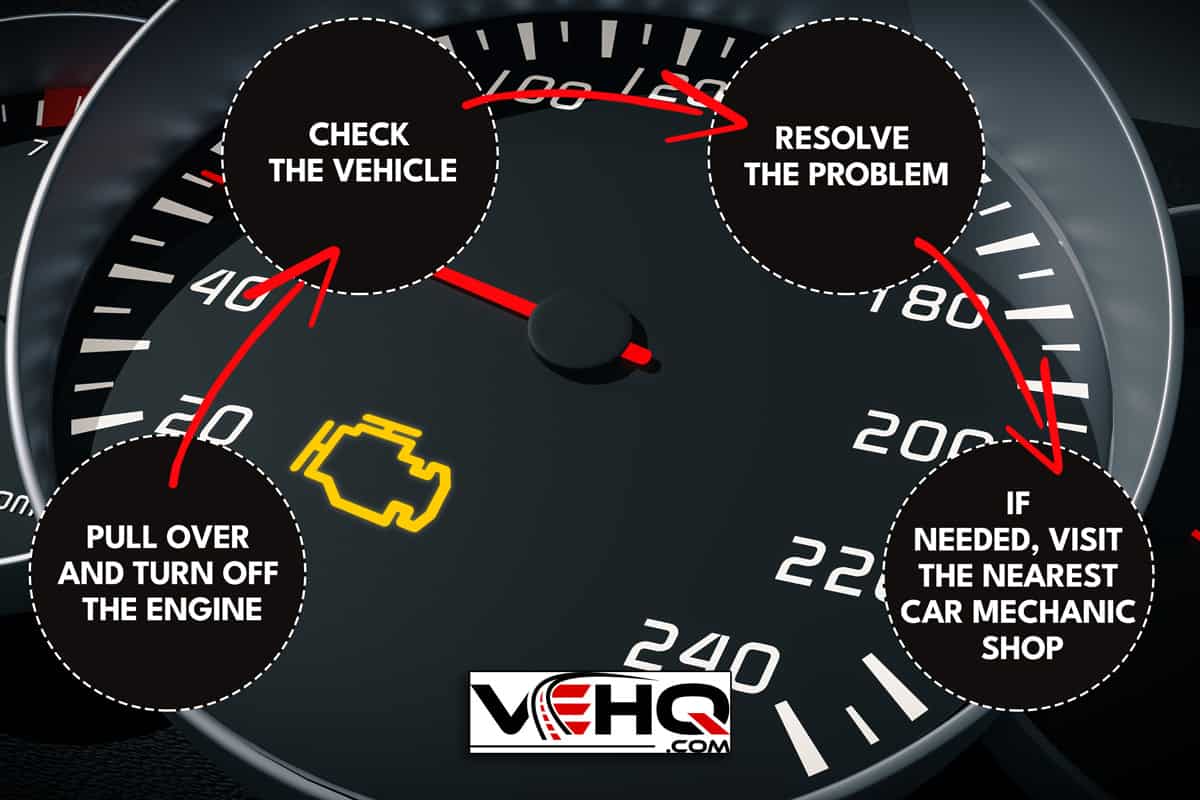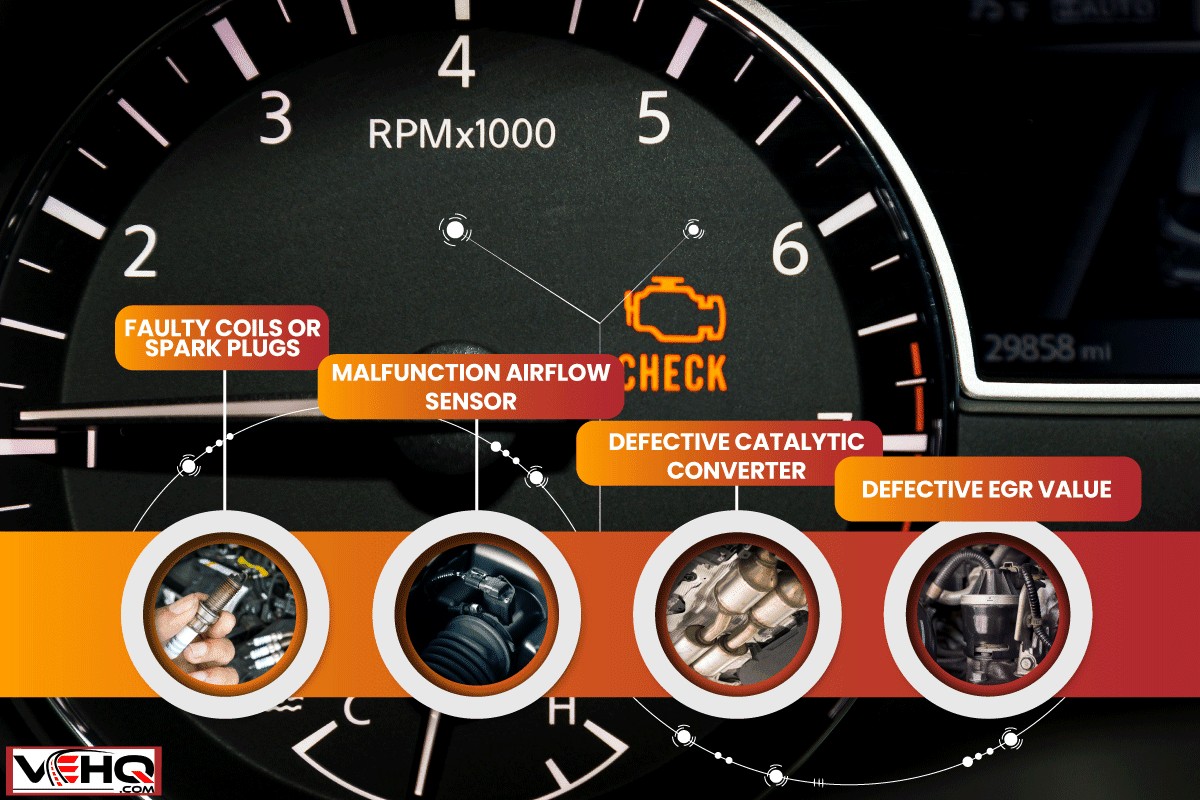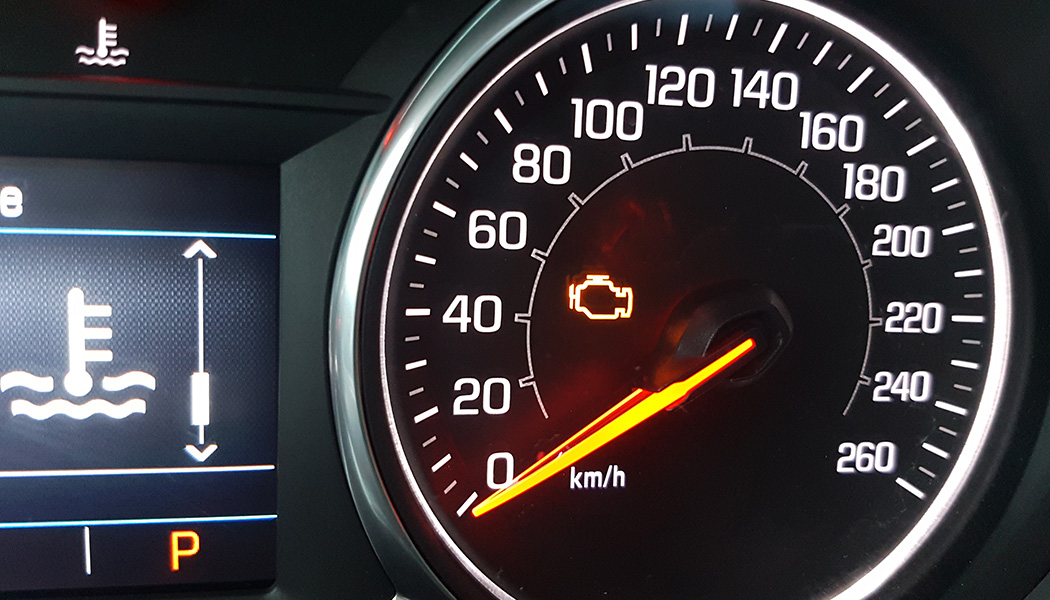When your check engine light comes on, it can be a cause for concern, but it’s important not to panic. The check engine light, part of your vehicle’s onboard diagnostic system, signals that something is amiss with your car’s engine or related components.
It could be anything from a minor issue like a loose gas cap to a more serious problem requiring professional attention. Understanding how to respond when the check engine light illuminates can save you from potential breakdowns and costly repairs.
This guide will walk you through the steps to take when your check engine light comes on, including checking for immediate issues, understanding diagnostic trouble codes, addressing potential fixes, and knowing when to seek professional help. By following these steps, you can ensure your vehicle stays in good condition and avoid unnecessary stress.
Check for Immediate Issues
When the check engine light comes on, the first step is to check for any immediate issues that can be quickly resolved. Start by ensuring that your gas cap is tightly secured.
A loose or missing gas cap can cause the check engine light to illuminate due to the evaporation of fuel vapors. If the gas cap is loose, tighten it and continue driving; the light may turn off after a few driving cycles.

If this doesn’t resolve the issue, observe any other unusual symptoms such as strange noises, smells, or changes in vehicle performance.
If your car is driving normally, it’s likely a less urgent issue, but if you notice any significant changes, it’s important to address the problem promptly. Always refer to your vehicle manual for specific guidance related to the check engine light.
Understanding Diagnostic Trouble Codes
To understand why your check engine light is on, you can use an OBD-II (On-Board Diagnostics) scanner to read the diagnostic trouble codes (DTCs). These codes provide specific information about the issue affecting your vehicle.
You can purchase an OBD-II scanner or visit an auto parts store or mechanic who can read the codes for you. Once you have the codes, you can look them up in the vehicle’s manual or online to get an idea of the potential problem.
Understanding the DTCs can help you determine whether the issue is something you can fix yourself or if it requires professional attention. It’s a valuable step in diagnosing the cause of the check engine light and taking appropriate action.
Addressing Potential Fixes
Once you have identified the diagnostic trouble codes, you can address potential fixes based on the severity of the issue. For minor problems, such as a loose gas cap or a sensor malfunction, you may be able to resolve the issue yourself.
For example, tightening the gas cap or replacing a faulty sensor can often turn off the check engine light. However, for more complex issues, such as problems with the catalytic converter, oxygen sensors, or ignition system, it’s advisable to seek professional help.
Attempting to fix these issues without the proper knowledge and tools can lead to further damage. Always prioritize safety and reliability when addressing potential fixes, and consult a mechanic if you’re unsure about the necessary repairs.
When to Seek Professional Help
There are certain situations where it’s crucial to seek professional help immediately when the check engine light comes on. If the light is flashing, it indicates a serious problem that requires immediate attention, such as a misfire that could damage the catalytic converter.

In such cases, it’s best to stop driving and call for roadside assistance or a tow to the nearest mechanic. Additionally, if you notice significant changes in your vehicle’s performance, such as reduced power, stalling, or unusual noises, it’s essential to have the car inspected by a professional.
A certified mechanic can accurately diagnose the issue using advanced diagnostic tools and ensure that the problem is resolved safely and effectively.
Preventive Measures
To avoid check engine light issues in the future, it’s important to follow preventive maintenance practices. Regularly servicing your vehicle according to the manufacturer’s schedule can help identify and resolve potential problems before they become serious.
This includes routine oil changes, air filter replacements, and inspecting key components like the ignition system and exhaust. Additionally, using high quality fuel and keeping an eye on fluid levels can prevent common issues that trigger the check engine light.
Staying proactive with vehicle maintenance not only keeps the check engine light at bay but also ensures that your car runs smoothly and efficiently.
Staying Calm and Informed
When the check engine light comes on, staying calm and informed is key to addressing the issue effectively. Avoid panicking or ignoring the light, as this can lead to more severe problems down the line.
Take a systematic approach to diagnose and resolve the issue, starting with simple checks and progressing to professional assistance if needed. By understanding the potential causes and following the appropriate steps, you can handle the situation confidently.

Remember, the check engine light is a helpful warning system designed to keep your vehicle in good condition, so addressing it promptly and correctly is in your best interest.
By following these steps when your check engine light comes on, you can ensure your vehicle stays in optimal condition and avoid unnecessary stress and repairs.
Regular maintenance and staying vigilant about your car’s performance will help you catch issues early and keep your vehicle running smoothly.

